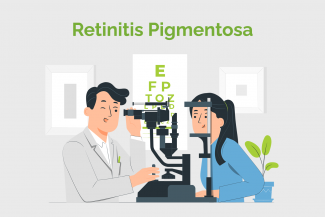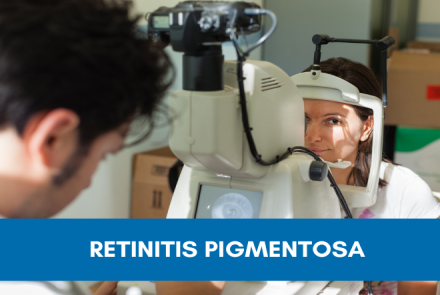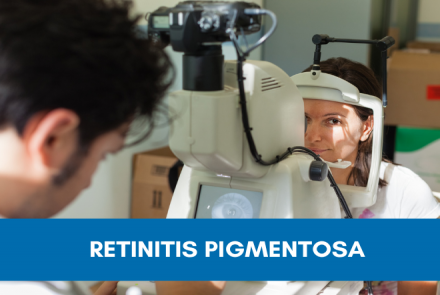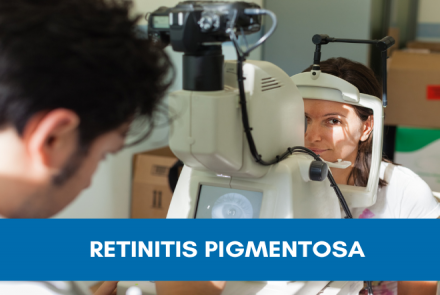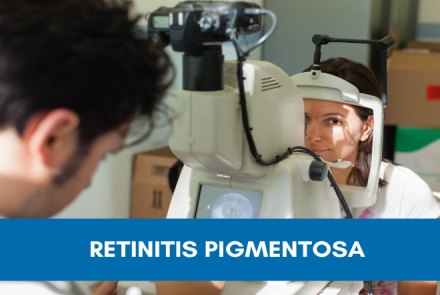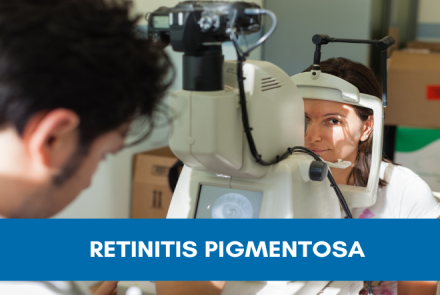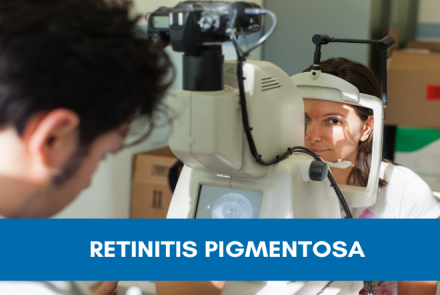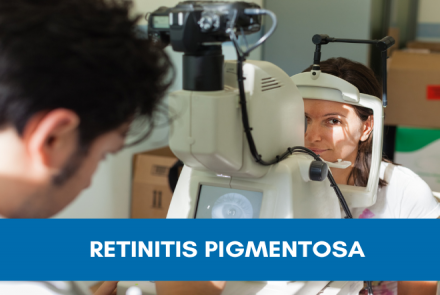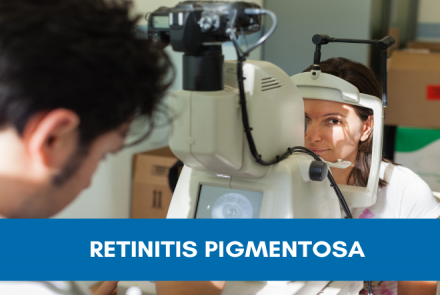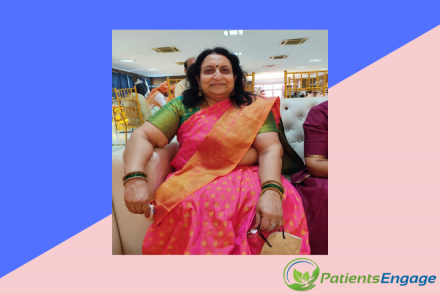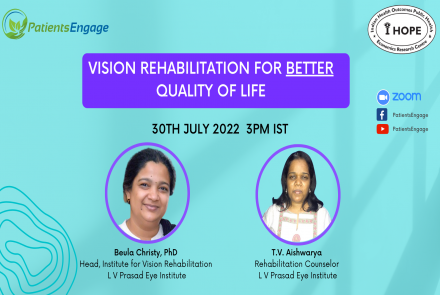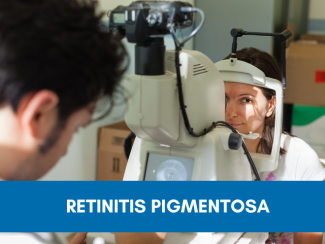
How To Manage Retinitis Pigmentosa
Low vision rehabilitation and psychosocial counselling are crucial aspects in managing RP and are of huge benefit to RP patients in living life to the fullest even in the presence of visual deterioration.
Low vision rehabilitation includes use of specialised devices like magnifying glasses and illumination devices for enhancement of central vision, telescopes for addressing distant vision difficulties, filtered glasses to take care of light sensitivity and appropriate mobility training in daily living skills like hobbies, cooking, independent task management etc.
A major improvement in last decade has been the use of technological innovations like audiobooks, voice activated computers/mobile phones and other accessibility devices that have opened a whole new world of educational, occupational, recreational, and socio-economic avenues for people with RP. Integrated schooling with normal sighted children and the operationalization of the National disability act has also facilitated this opportunity. Providing government aided facilities with visual disability certificate helps in studies, sports, and career development.
Psychosocial counselling of patient including family members and availability of a telephonic helpline/newsletters is crucial to address the anxiety or depression issues and other queries which might be associated with chronic slowly evolving condition like RP.
Listen to the webinar on Vision Rehabilitation: https://youtu.be/uwOzSNB-VqQ
Do's and Don’ts of managing RP
- Avoid tobacco in all forms (cigarettes/bidi/gutka/ paan etc).
- Use sun protection for eyes (cap/hat/umbrella/visors/tinted glasses)- do not avoid outdoor activities extensively as that will lead to Vitamin D deficiency.
- Avoid taking of unknown supplements or unapproved treatments as they can cause harm.
- Use proper dosage of Vitamin A if prescribed and monitor blood tests as advised.
- Take good balanced diet inclusive of red/yellow/orange/green vegetables and fruits/ fish etc. but do not use them in unusual large quantities. No diet restrictions are suggested.
- Avoid retinal and optic nerve toxic medicines – always inform your doctor about RP when taking treatment for any systemic problems especially when taking over long term.
- Take advantage and uses gadgets/technological innovations in day-to-day life.
- Talk freely to your doctor, counsellor or to a rehab helpline for any difficulty/anxiety etc.
- Have periodical follow up eye examinations to detect any associated problem that can be treated appropriately.
- Overall understand the disease so that you can take up the challenge and overcome it with proper guidance, technology, and positive approach.
Learn from the lived experiences of persons living with Retinitis Pigmentosa.
Contributed by
Dr Deepika C Parameswarappa, Consultant Ophthalmologist, LV Prasad Eye Institute
Dr Subhadra Jalali, Network Director, Consultant Ophthalmologist, L V Prasad Eye Institute

